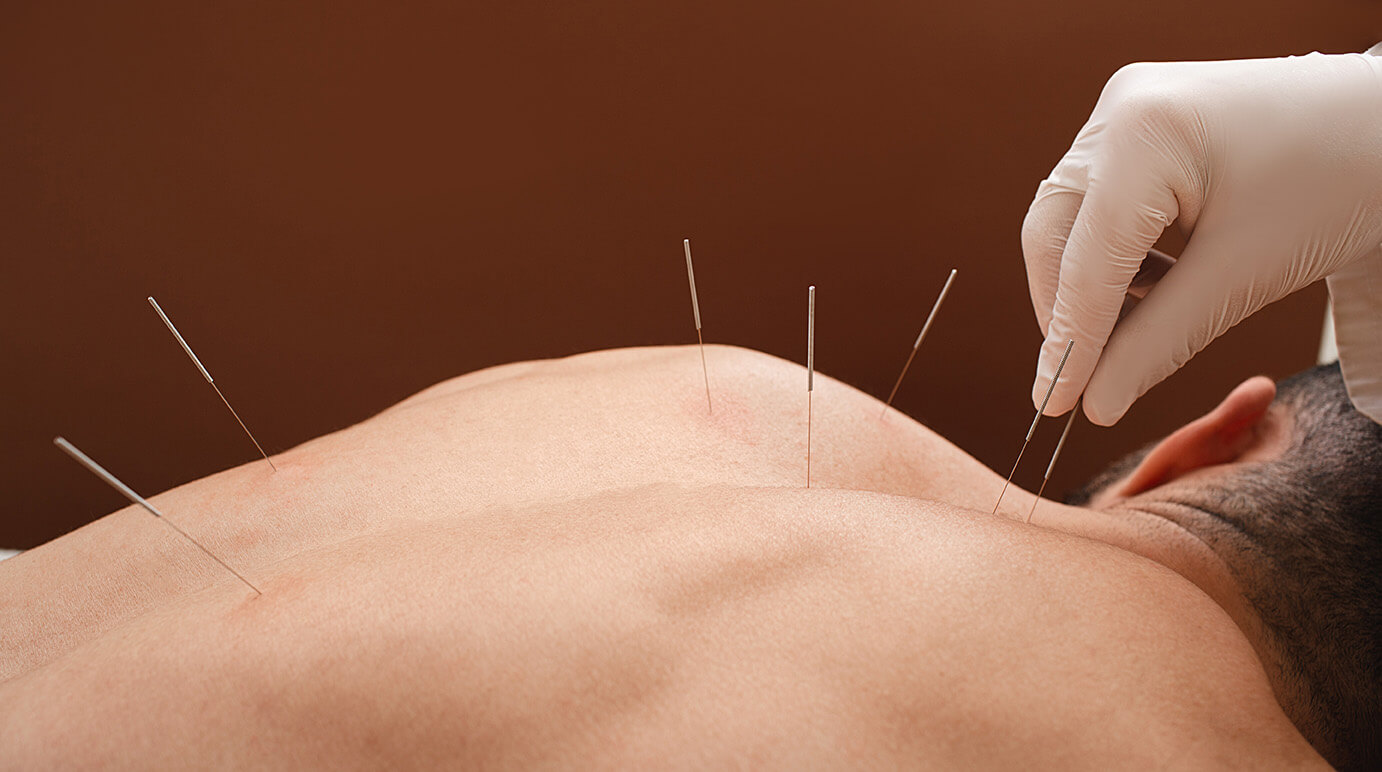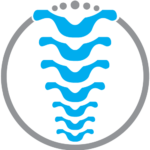There are plenty of misconceptions that exist regarding acupuncture and dry needling. These notions are often related to the actual ability of the procedures to induce healing or relaxation. Even less understood is the difference between dry needling and acupuncture.
The two procedures are distinct and are used for different therapeutic and medicinal purposes, despite the two terms often being used interchangeably or incorrectly. The main commonality is they both use needles but have little else in common. Understanding the actual differences in these procedures lets you be able to make informed choices about which approach is best to treat your particular health condition.
Denver Integrated Spine Center (DISC) offers full-service chiropractic and holistic medicine approaches at their Denver and Lakewood clinic. We also perform dry needling for those interested in the practice, alongside more traditional acupuncture treatments. Learn more about our physical therapy treatments here.
Dry Needling Vs Acupuncture
The biggest difference patients will notice is the location of the treatment area in regard to the injury site. Additionally, the level of discomfort that may be associated with the treatments can vary from person to person. However, dry needling is considered more intense than acupuncture. The difference in sensation is due to how the two techniques approach the body and nerves.
Since being developed in the 1970s, dry needling is aimed specifically at treating muscular tension, muscular dysfunction, and active trigger points. It is based on Western knowledge of anatomy and physiology that has been fundamentally researched. Acupuncture, on the other hand, is based on traditional Eastern medicine, which utilizes the meridian system.
The meridian system is based on the studies of ancient Chinese culture. It follows the principle of Qi, a vital energy that courses throughout the body. Acupuncture aims to address blockages in Qi flow, blockages being a primary cause of pain and discomfort according to the philosophy.
Acupuncture releases these blockages using sterile needles placed in strategic areas of the body. These areas are often physically distant from the actual area where the pain is occurring but are instead areas where Qi is blocked. The needles then alleviate this blockage, allowing Qi to flow correctly to the afflicted area to provide relief.
What is Dry Needling?
Dry needling utilizes a different approach to treating conditions and injuries. It is based on a foundation of Neuroanatomy. Dry-needling is typically used to treat the symptoms of muscular pain, muscular dysfunction, and muscular injury.
Dry-needling works in two distinct ways and, in the majority of cases, is very simple.
- An acupuncture needle is inserted into the injured or dysfunctional tissue with the intent of causing the muscle fibers to activate. By stimulating the individual fibers to activate, the muscles will begin a twitch response and contract rapidly. This contraction is an involuntary reflexive reaction as different neural pathways are being stimulated. Dry needling causes relaxation of the muscle fibers through the disruption of the motor endplate.
- With each needle insertion, microscopic injuries are incurred, which causes a local healing response that will then induce normal functioning. This healing response is chemically mediated through the release of neurotransmitters. These chemicals block the transmission of pain signals to the central nervous system. By stimulating the neural pathways that disrupt the pain signals from reaching the central nervous system, the pain level can be reduced or eliminated.
The utilization of dry needling can cause some initial discomfort as the muscles are directly pierced and injured by the needles. Although its use is typically orthopedic in nature, dry needling does have the ability to address some internal health conditions. Acupuncture is both a holistic healing and preventive measure while dry-needling is viewed as a reflexive practice that is implemented once an injury occurs.
For those looking into dry needling in Denver, Denver Integrated Spine Center offers full-service chiropractic care for patients in the greater Denver metro area, including acupuncture and dry needling. Our entire healthcare team is dedicated to your specific needs and recovery. We take an evidence-based therapy approach to our treatment, ensuring we have a solution for every patient.
Contact us today to schedule your initial consultation with one of our Denver chiropractors. Our Colorado chiropractic office specializes in personalized treatment plans designed around your needs to help you recover from an injury, relieve pain, and get you back faster to the life and activities you love.
Denver Integrated Spine Center has the best chiropractors in Denver and Lakewood. The city’s premier multidisciplinary injury recovery and rehabilitation center. If you’re experiencing chronic back pain, shoulder pain, limited mobility, headaches or neck pain, weakness in your hands, or any other common injuries affecting your musculoskeletal structure, our experienced team of local chiropractors, massage therapists, and medical professionals can help.



